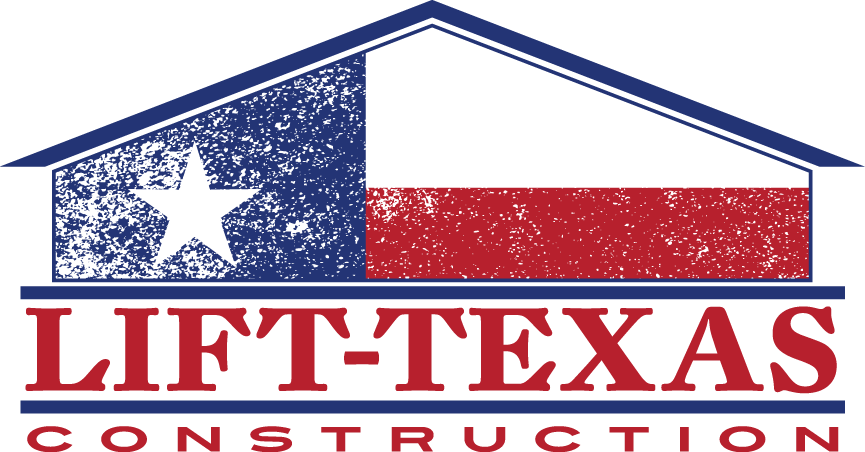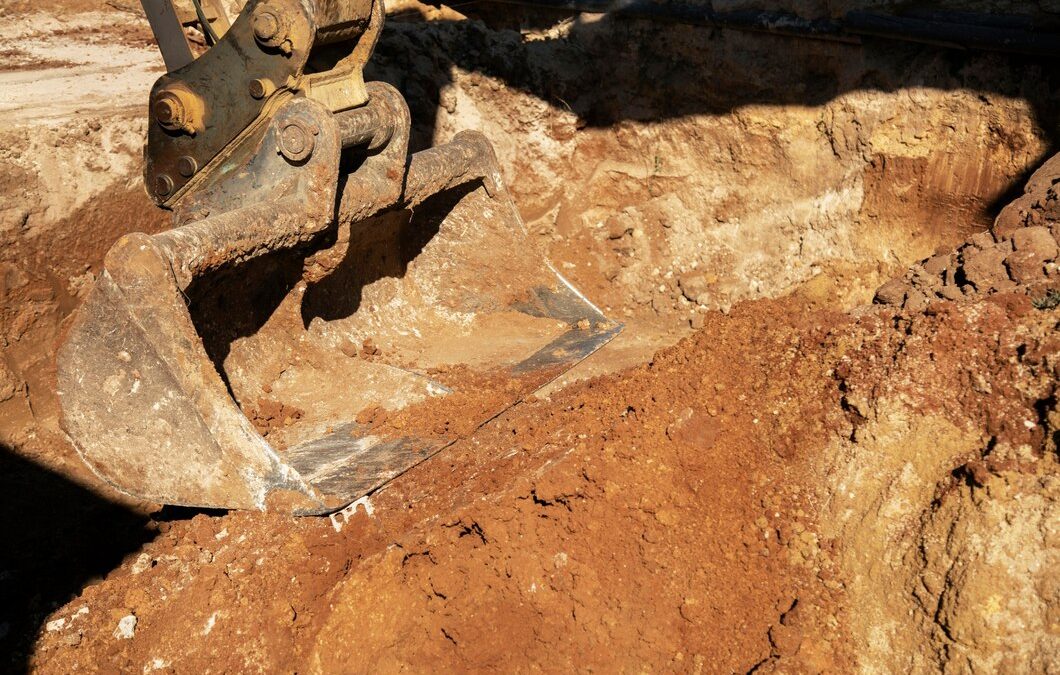Expansive soil is a hidden menace that can significantly affect the stability of your home’s foundation. Known for its ability to swell and shrink with moisture changes, this type of soil can lead to severe structural issues over time. When the soil around your foundation expands, it exerts pressure on the concrete, causing cracks and shifts. Conversely, when the soil dries out and contracts, it leaves gaps that can destabilize the foundation.
For homeowners, understanding the risks associated with expansive soil is crucial. Ignoring these risks can lead to costly repairs and potentially dangerous living conditions. If you live in an area with expansive soil, taking proactive steps to protect your foundation can save you both time and money. Spotting signs of damage early and knowing how to address them can help maintain your home’s structural integrity.
In this article, we will explore what expansive soil is, how it can damage your foundation, and the signs to look out for. Additionally, we will discuss preventive measures and solutions to mitigate the impact of expansive soil on your property. Taking these steps will help you protect your investment and ensure a safe living environment for you and your family.
What Is Expansive Soil?
Expansive soil is a type of soil that undergoes significant volume changes with varying moisture levels. When it gets wet, it swells, and when it dries, it shrinks. This is because expansive soil contains clay minerals that expand when they absorb water and contract when they lose it. This behavior can be problematic for foundations, as the constant movement can cause structural instability.
In regions where expansive soil is common, homes are at a higher risk of foundation problems. Various factors, such as seasonal rainfall, landscaping activities, and even plumbing leaks, can affect the moisture content in the soil. As the soil swells and contracts, it puts pressure on the foundation, leading to cracks and other issues. Understanding the nature of expansive soil helps in taking appropriate preventive measures to protect your home’s foundation.
How Expansive Soil Damages Your Foundation
Expansive soil can cause considerable damage to your foundation through the constant cycle of swelling and shrinking. When the soil around your foundation expands due to water absorption, it exerts upward and lateral pressure on the concrete. This pressure can lead to cracks in the foundation walls and floors. Over time, these cracks can widen, compromising the structural integrity of your home.
Additionally, as the soil dries and contracts, it creates voids beneath the foundation. The lack of support can cause the foundation to settle unevenly, leading to a tilted or sunken structure. This differential settling can cause visible damage, such as cracked walls, uneven floors, and misaligned doors and windows. These issues not only affect the stability of your home but also decrease its value. Understanding how expansive soil damages your foundation is crucial for taking timely action to prevent severe structural problems.
Signs Your Foundation Is Affected by Expansive Soil
Recognizing the signs of foundation problems caused by expansive soil can help you address issues before they become severe. Here are some common indicators that your foundation might be affected:
1. Cracks in Walls or Floors: Look for cracks in the exterior and interior walls, especially around windows and doors. Floor cracks are also a telltale sign. These cracks often appear as the soil shifts and your foundation moves.
2. Uneven or Sloping Floors: If your floors have areas where they slope or feel uneven, this could indicate foundation settling due to expansive soil. Use a level to check for unevenness across different parts of your home.
3. Sticking Doors and Windows: When the foundation shifts, doors and windows may not open or close properly. This is because the frames become misaligned as the structure moves.
4. Gaps Around Windows and Doors: Check for gaps between the windows or doors and their frames. These gaps can allow drafts and pests into your home and are a clear sign of foundation movement.
5. Separation of Exterior Features: Look at exterior components such as chimneys, stairs, and porches. Separation between these features and the main structure can indicate foundation issues caused by expansive soil.
Preventive Measures and Solutions for Expansive Soil Issues
Taking preventive measures can help protect your foundation from the damaging effects of expansive soil. Here’s a list of steps you can take:
1. Proper Drainage: Ensure that your property has a good drainage system. Gutters and downspouts should direct water away from the foundation to prevent excessive moisture from causing the soil to swell.
2. Soil Moisture Control: Maintain consistent moisture levels around your foundation. Use soaker hoses or drip irrigation systems to keep the soil from drying out and contracting too much during dry spells.
3. Foundation Watering: In particularly dry seasons, consider lightly watering the soil around your foundation. This prevents the soil from shrinking excessively, which can lead to foundation settling.
4. Tree and Shrub Placement: Be mindful of where you plant trees and shrubs. Their roots can draw moisture from the soil, causing it to shrink and potentially damage your foundation. Keep large plants a safe distance from your home.
5. Root Barriers: Install root barriers to prevent tree roots from growing under your foundation. These barriers help maintain moisture levels and reduce the risk of soil movement.
Conclusion
Understanding how expansive soil affects your foundation is crucial to protecting your home and avoiding costly repairs. Recognizing the signs of damage and taking preventive measures can safeguard your property from the destructive cycle of swelling and shrinking soil. Proper drainage, moisture control, and mindful landscaping are just a few of the ways you can protect your foundation from expansive soil.
If you suspect that your foundation has been affected by expansive soil or you want to take preventive actions, it may be time to consult a professional. At Lift-Texas Construction, we specialize in foundation repair and concrete leveling. Our team of foundation repair experts can assess your situation and provide effective solutions to address and prevent damage caused by expansive soil. Contact Lift-Texas Construction today to ensure your home remains stable and secure.

